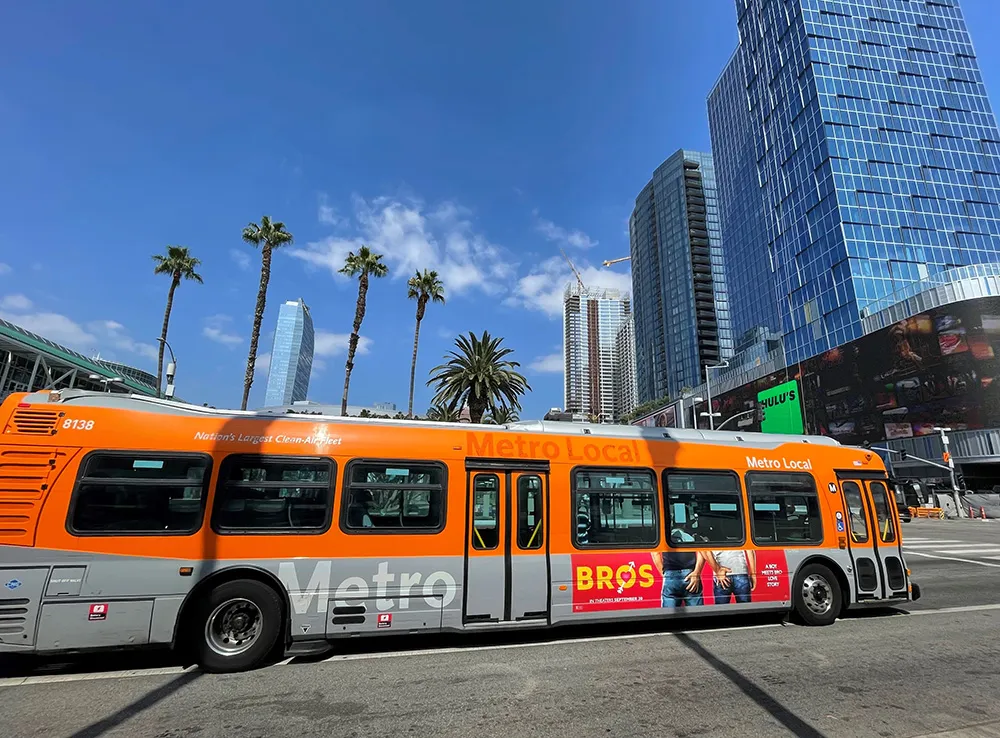In a bid to reduce traffic noise and congestion, the Spanish town of Málaga is planning to build bus and cycle lanes.
The move is being taken after a review of the city’s action plan against environmental noise, which concluded that measures such as better traffic control and more use of public transport and bicycles could improve the situation.
The proposed measures, which also include redeveloping roads with techniques to reduce noise, will be analysed by technicians from the city’s transport, urban
June 30, 2015
Read time: 1 min
In a bid to reduce traffic noise and congestion, the Spanish town of Málaga is planning to build bus and cycle lanes.
The move is being taken after a review of the city’s action plan against environmental noise, which concluded that measures such as better traffic control and more use of public transport and bicycles could improve the situation.
The proposed measures, which also include redeveloping roads with techniques to reduce noise, will be analysed by technicians from the city’s transport, urban planning, and environment departments.
The city is currently studying the effect of measures on quieter areas based on the methodology of the EU-funded QUiet Areas Definition and Management in Action Plans (Quadmap) project, which aims to deliver a method and guidelines regarding identification, delineation, characterisation, improvement and managing Quiet Areas in urban areas
The move is being taken after a review of the city’s action plan against environmental noise, which concluded that measures such as better traffic control and more use of public transport and bicycles could improve the situation.
The proposed measures, which also include redeveloping roads with techniques to reduce noise, will be analysed by technicians from the city’s transport, urban planning, and environment departments.
The city is currently studying the effect of measures on quieter areas based on the methodology of the EU-funded QUiet Areas Definition and Management in Action Plans (Quadmap) project, which aims to deliver a method and guidelines regarding identification, delineation, characterisation, improvement and managing Quiet Areas in urban areas









